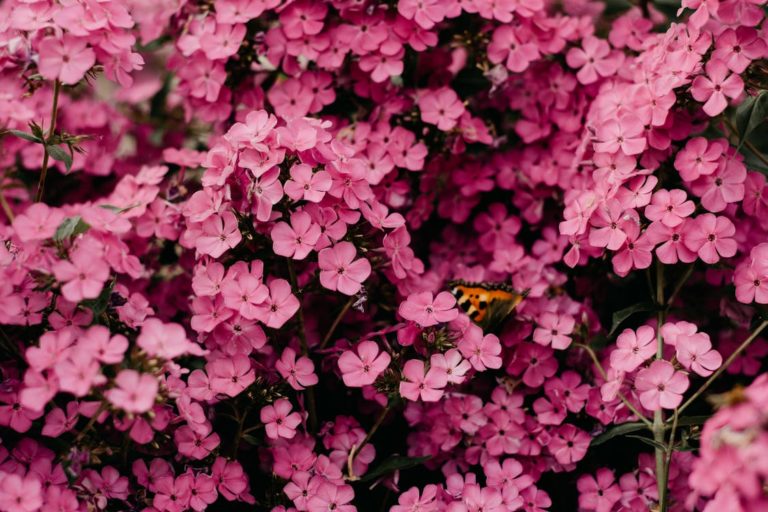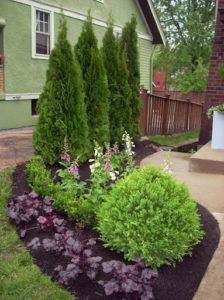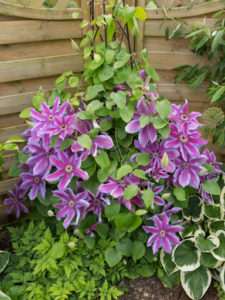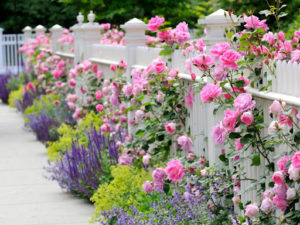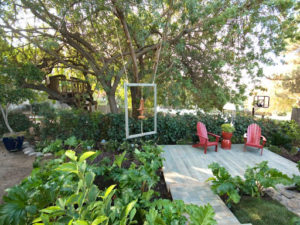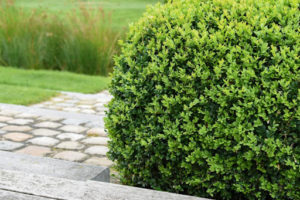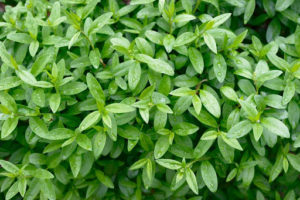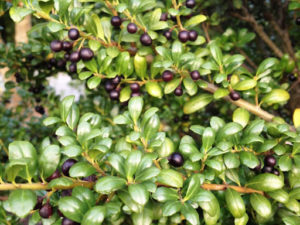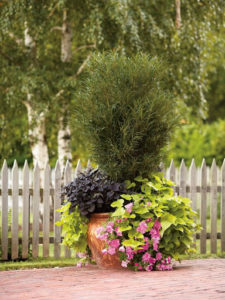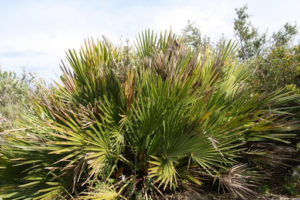Beautiful Plants to Screen Your Yard for Privacy
If you’re looking to improve the privacy, protection, or even just the view to and from your yard, think outside the boxed-in fence: consider using natural barriers to frame your property. There are so many wonderful natural fencing options out there, you can pick and choose — even varying plantings within your own property — to best suit each area’s specific need. One plant you should avoid is bamboo as it is too invasive and will require huge amounts of maintenance just to keep it in bounds.
Emerald Green Arborvitae
Emerald Green arborvitae, which will eventually reach 12 to 15 feet tall, is a good choice for a four-season privacy planting.
Clematis
Vines make great screens. Clematis features large, spring-blooming flowers that come in a variety of colors. The plants are slow to mature, so for fast results purchase plants that are at least two years old.
Climbing Roses
Train climbing roses over fences, walls, pergolas, and gazebos. Try pretty-in-pink ‘Eden’ or the stunning, multicolored ‘Joseph’s Coat’.
Ivy
A fence covered with ivy provides a low perimeter around this seating area. It grows quickly, aggressively and can be difficult to remove once planted.
Boxwood
Boxwood are easy to grow and maintain. They tolerate heavy pruning and can be clipped into various shapes.
Privet
Privet has dark green leaves which are semi-evergreen. May to early June brings fragrant white flowers that bees find very attractive. It grows extremely fast — careful pruning and training is critical in the first year to establish a dense, sturdy hedge.
Japanese Holly
Japanese holly is a dense evergreen that reaches 6 to 10 feet. It grows slowly but can be invasive. Black, berry-like fruits provide winter interest.
Buckthorn
Buckthorn is a deciduous shrub or small tree that grows 5 to 7 feet tall. Its fern-like foliage turns yellow in the fall.
Fan Palm
European fan palms grow to up to 15 feet. The fan-like leaves spread to about 3 feet wide, creating the perfect screen. You can prune them or allow the plant to become shrubby.
